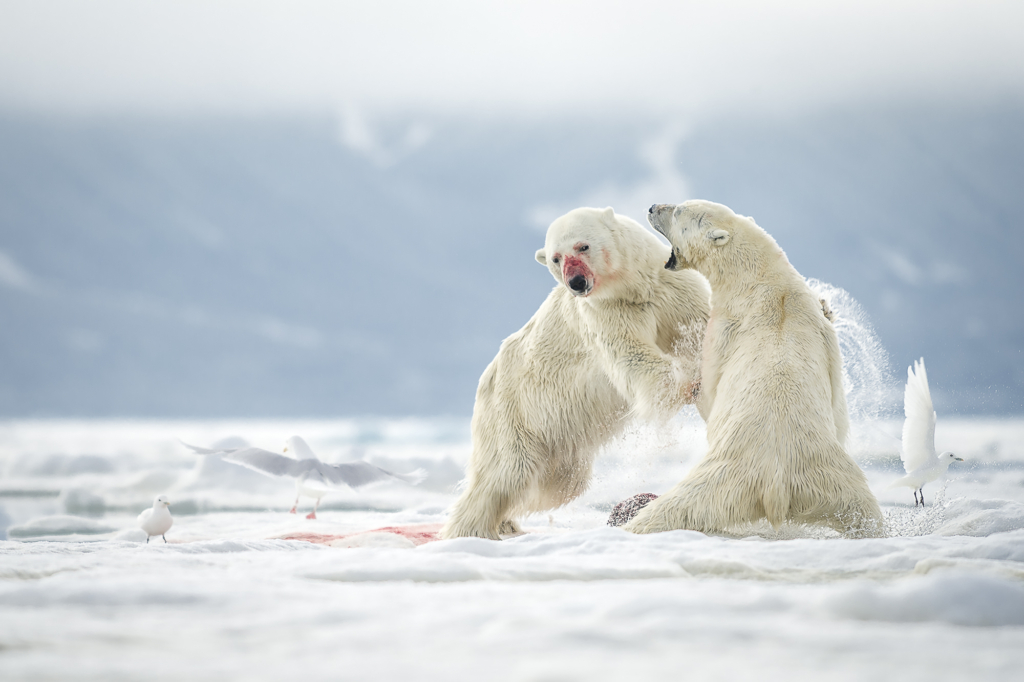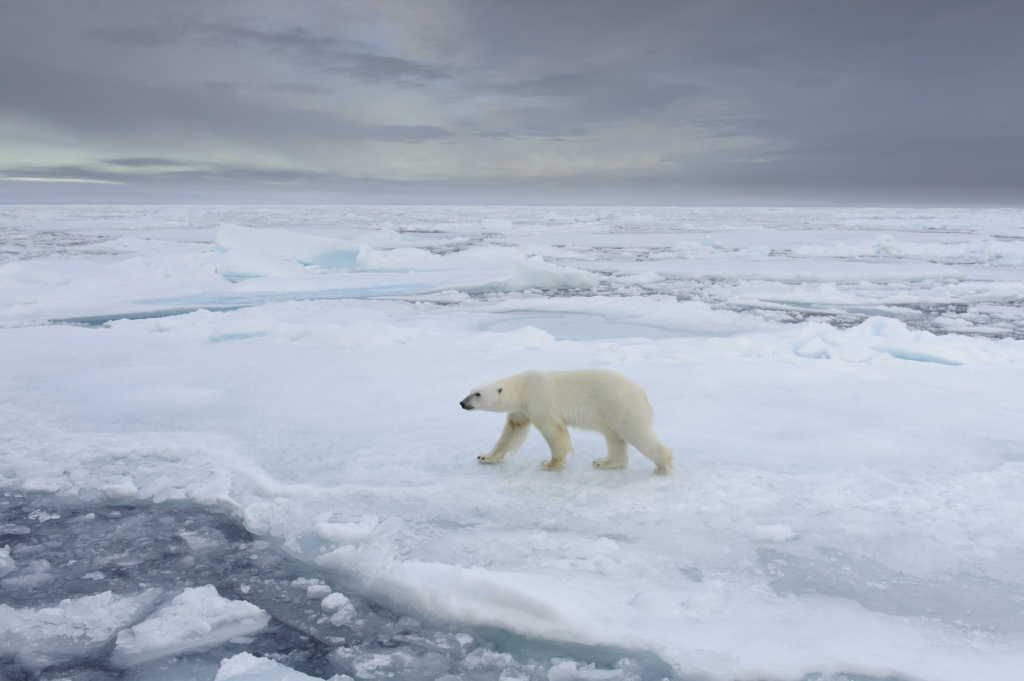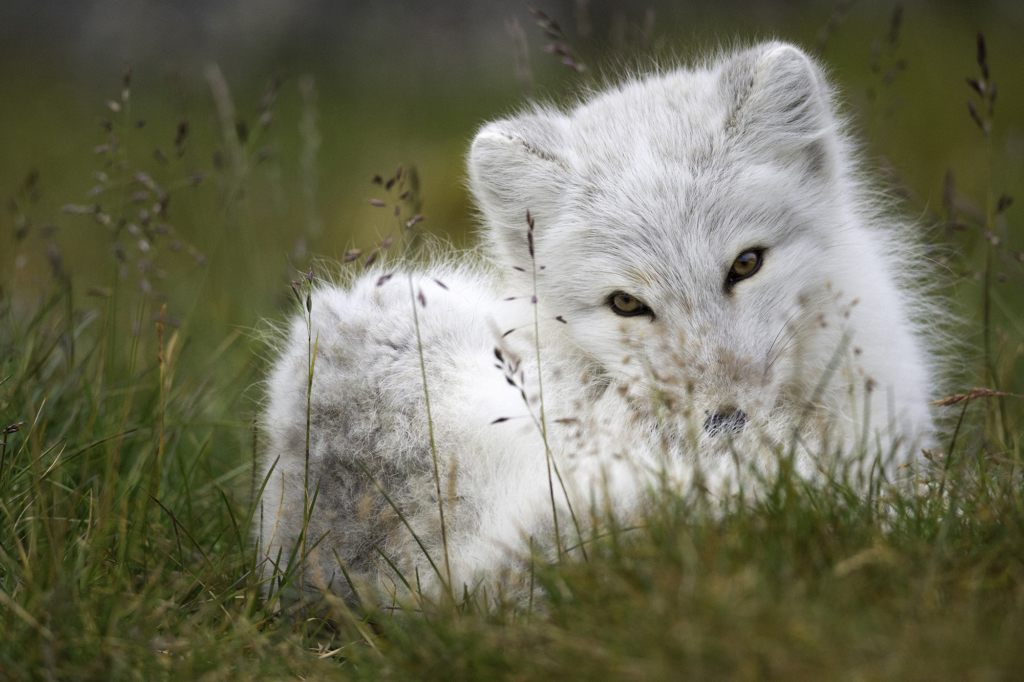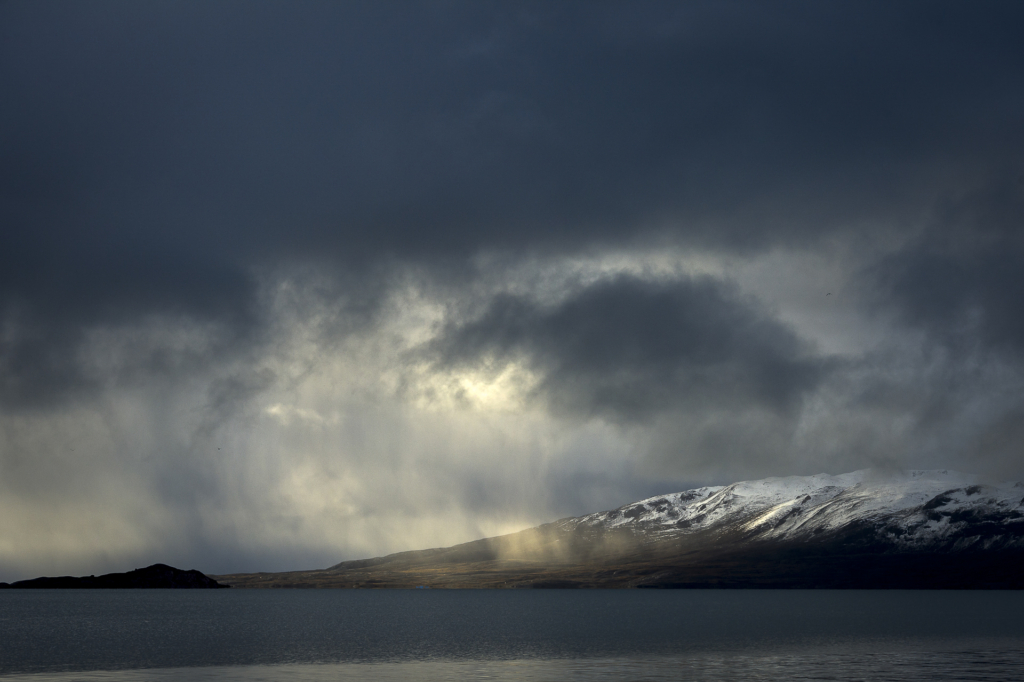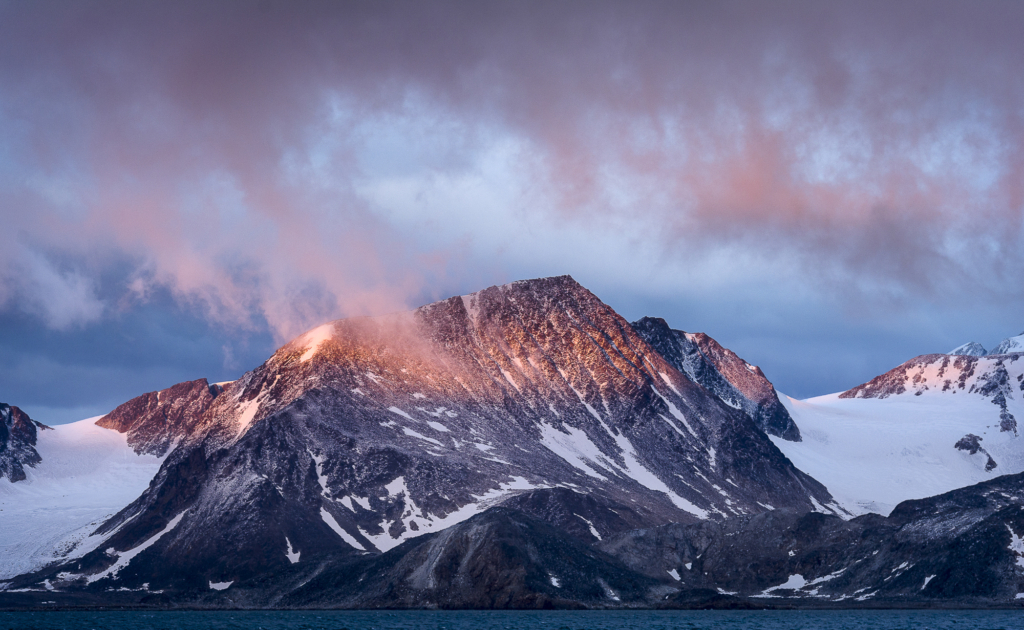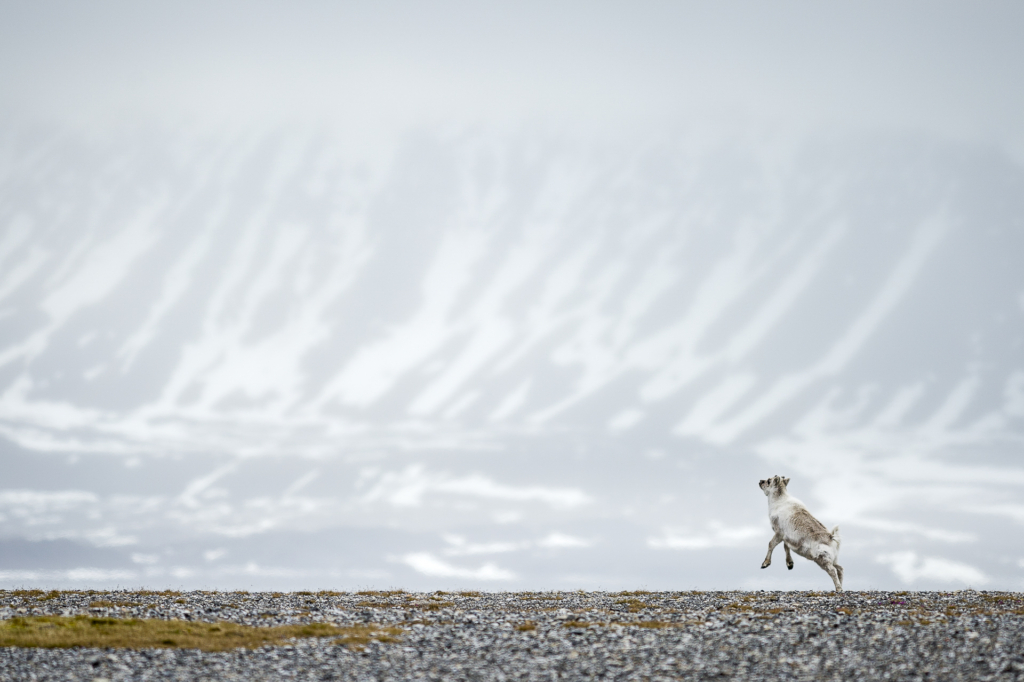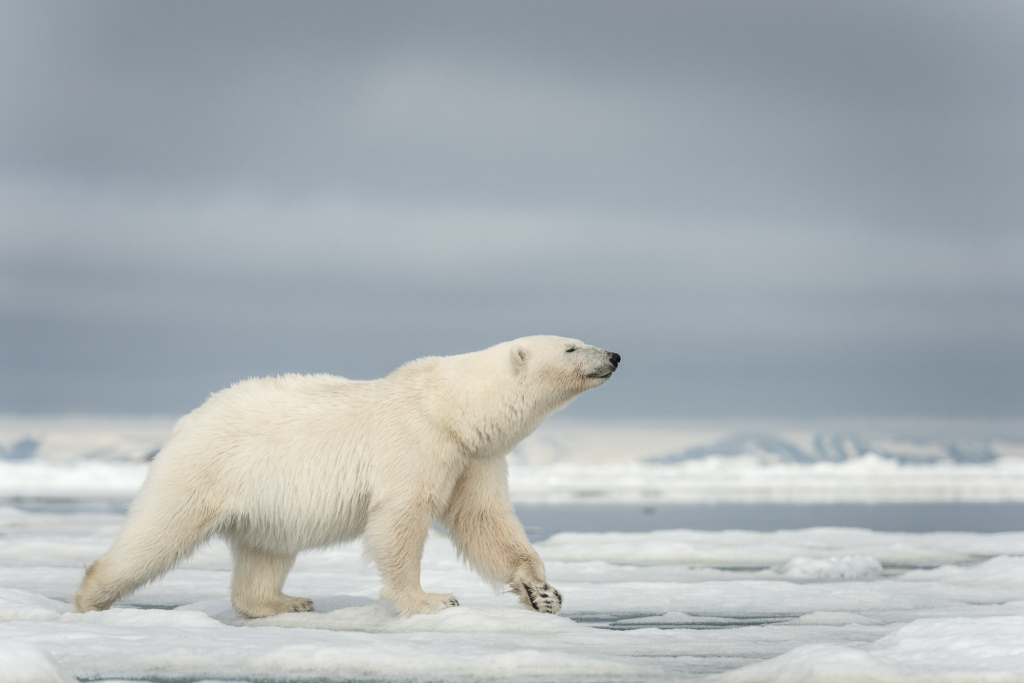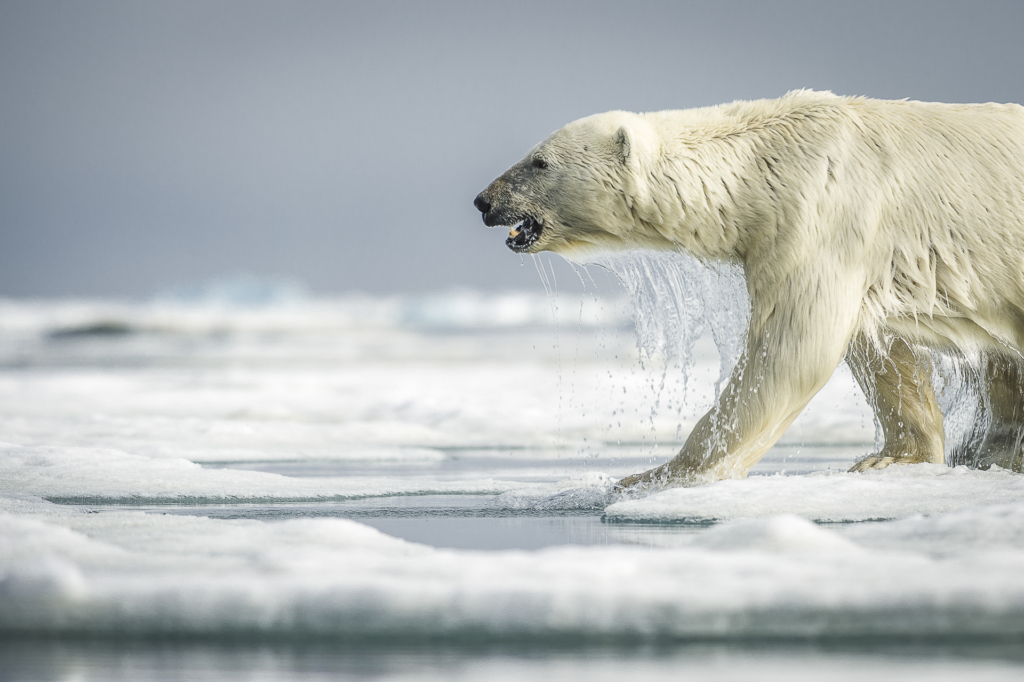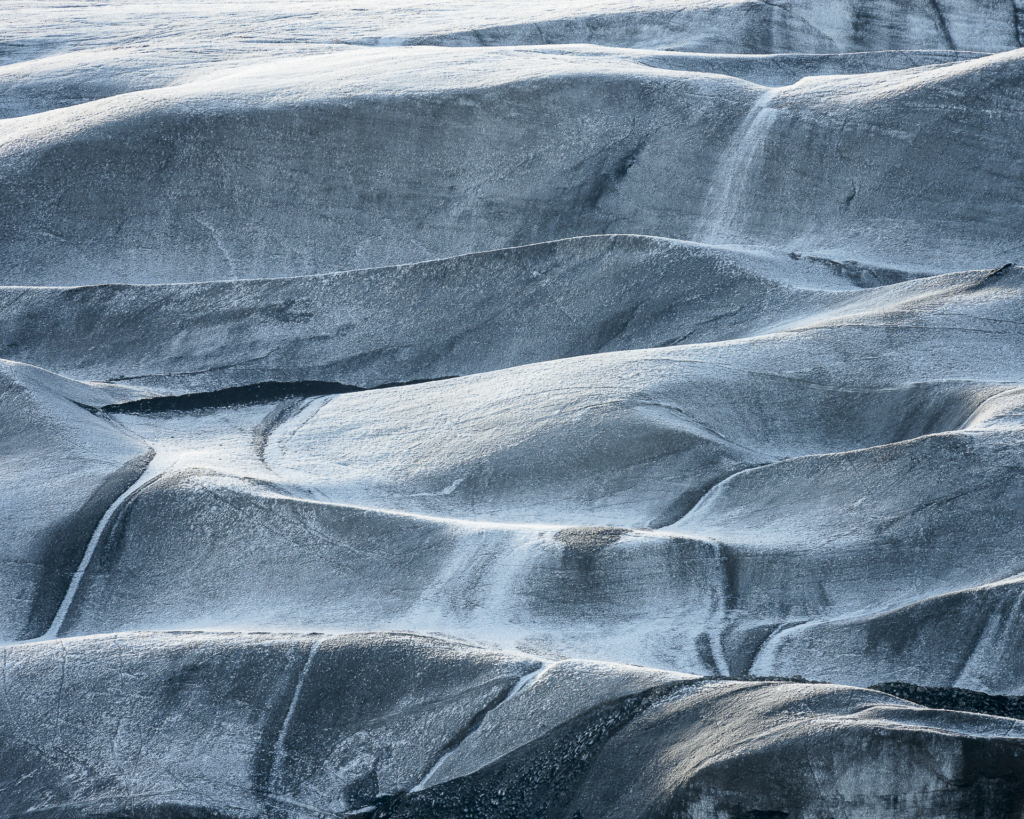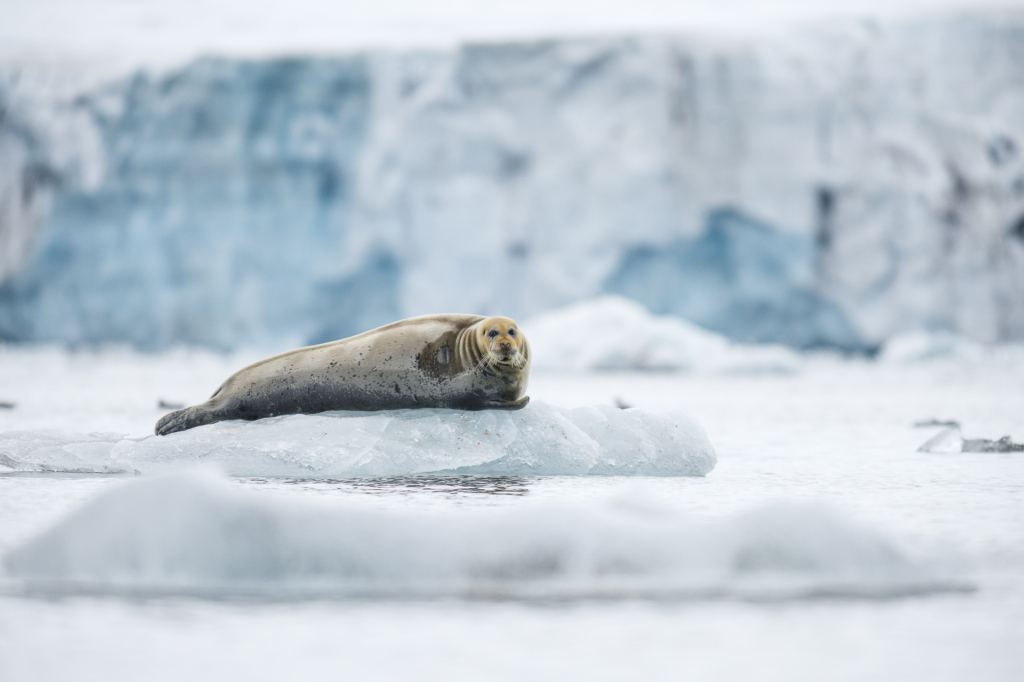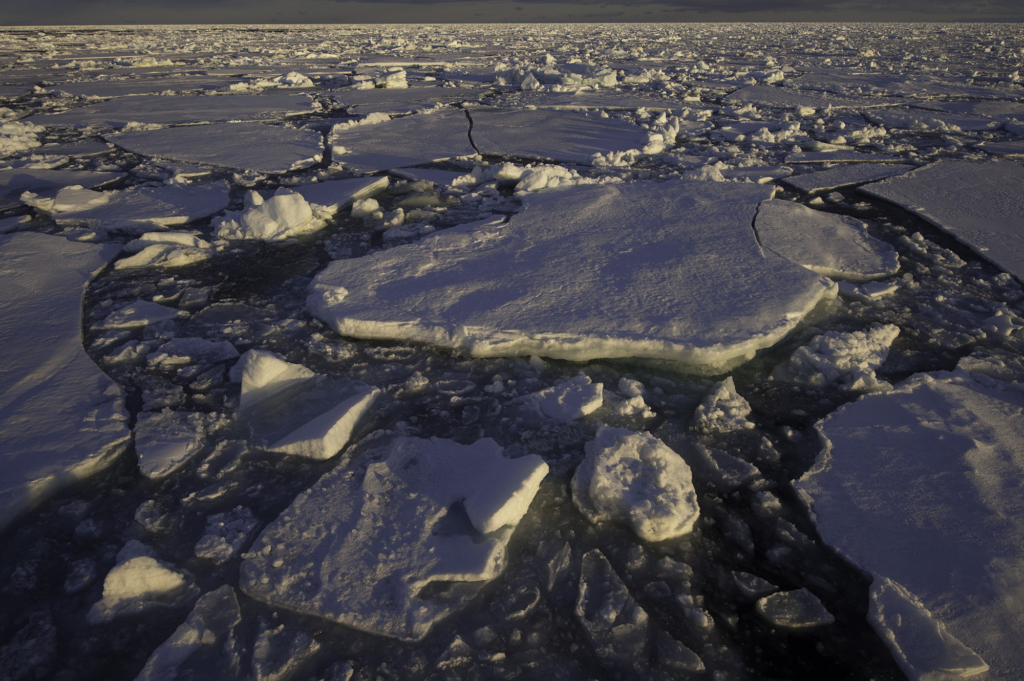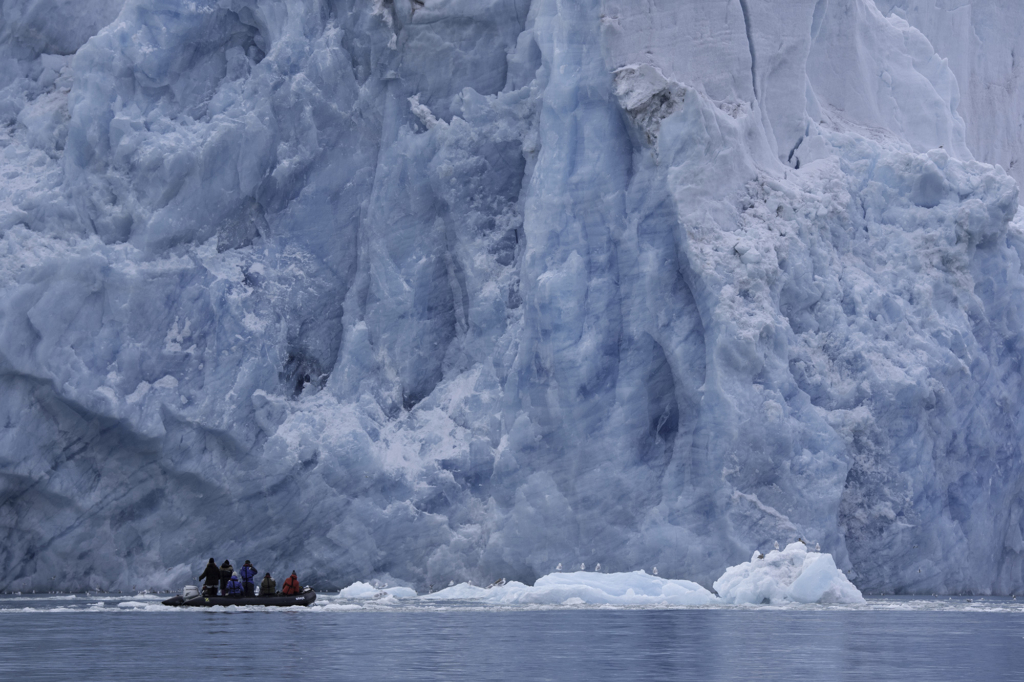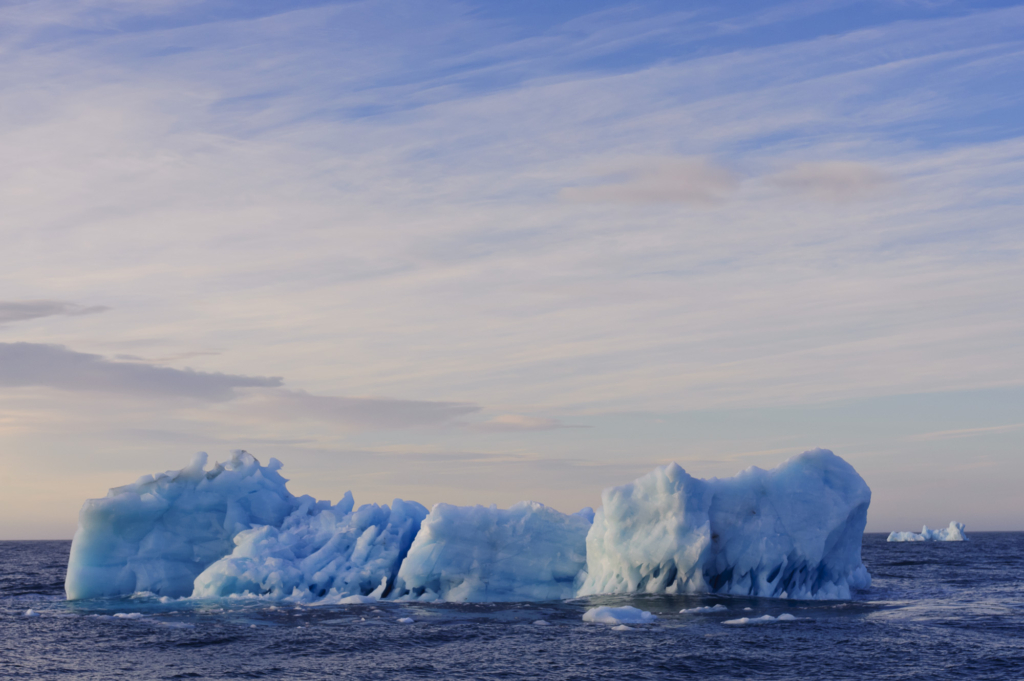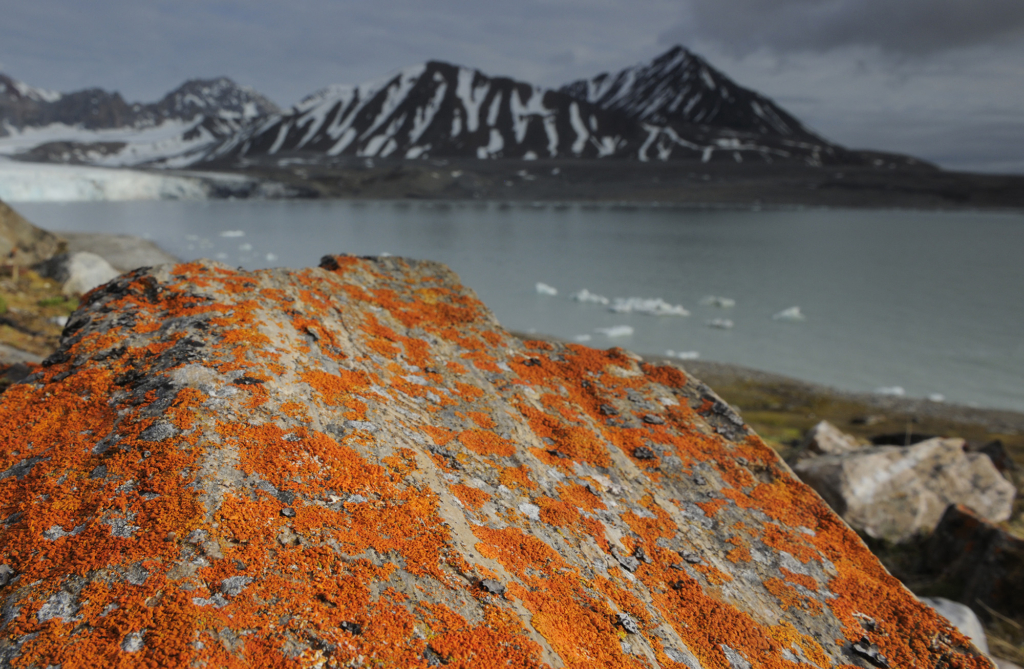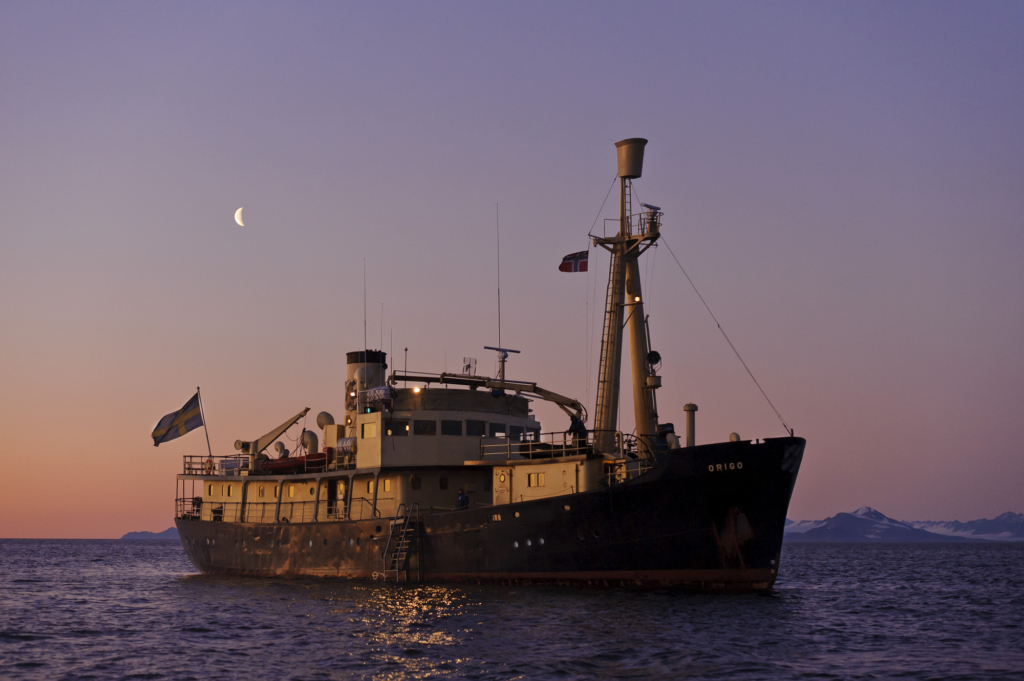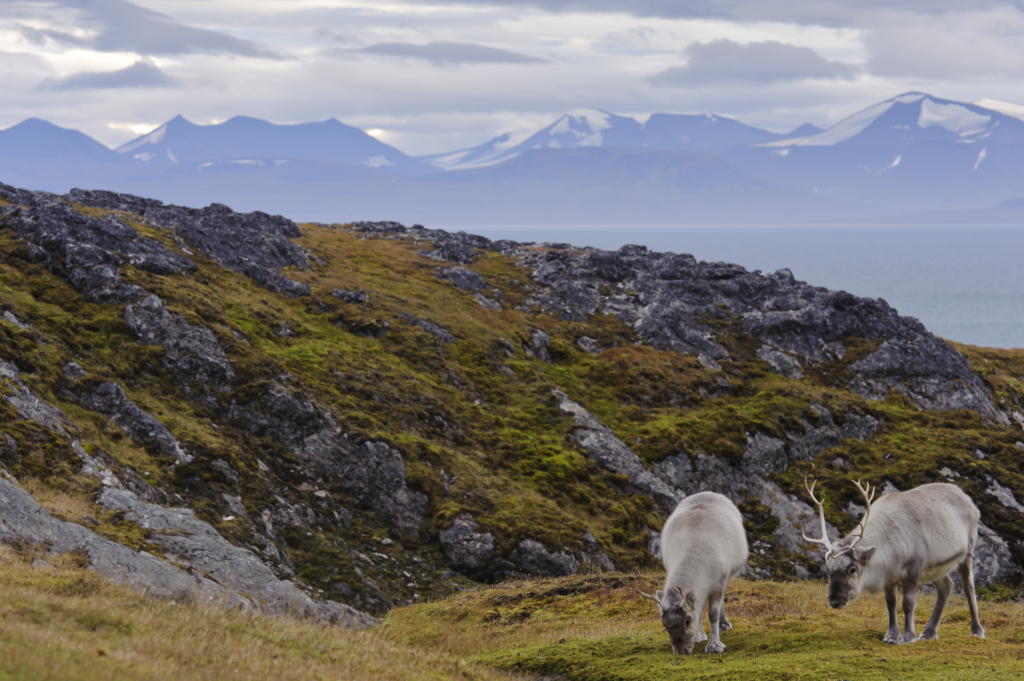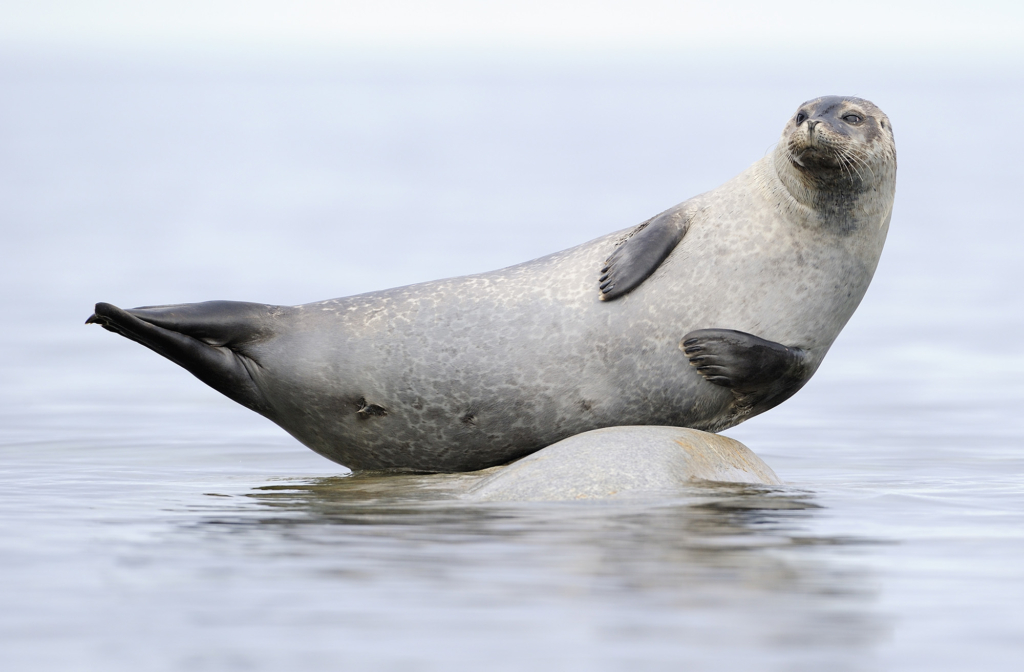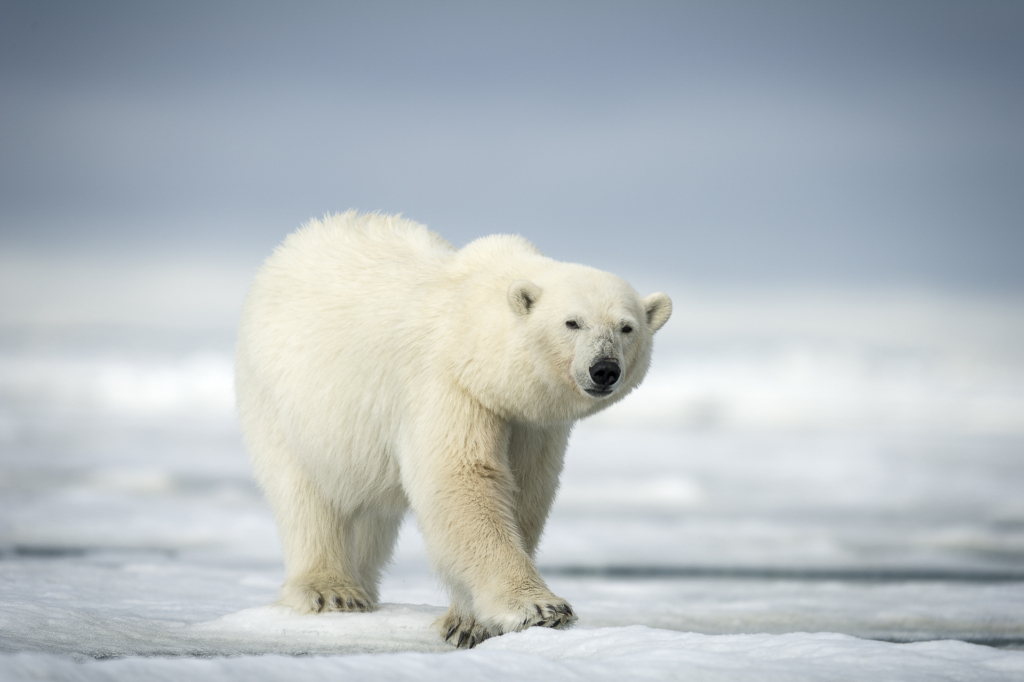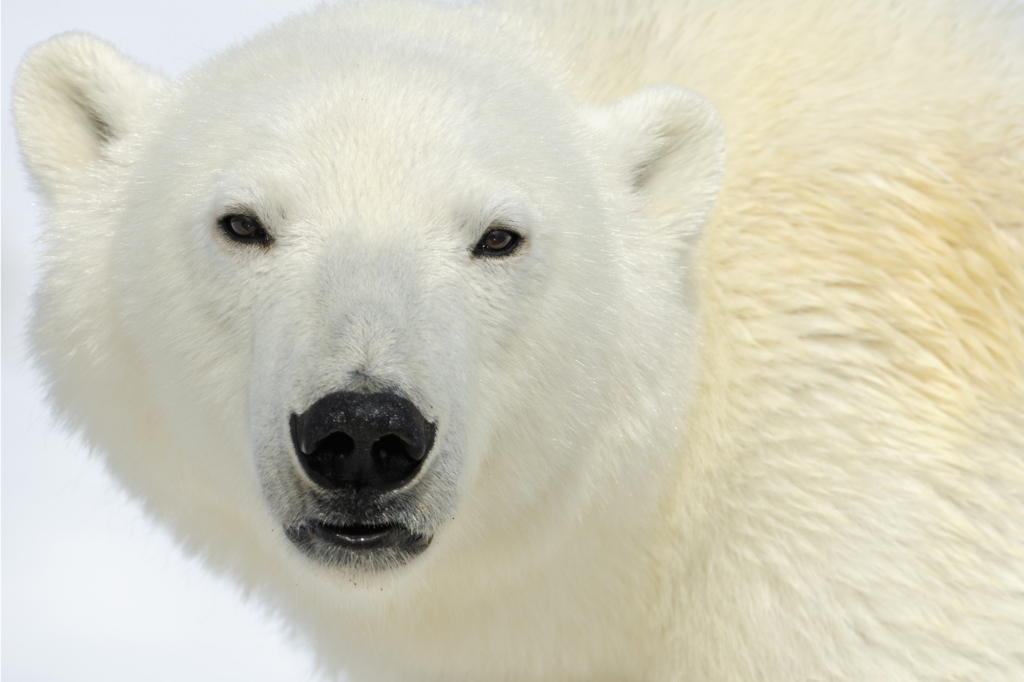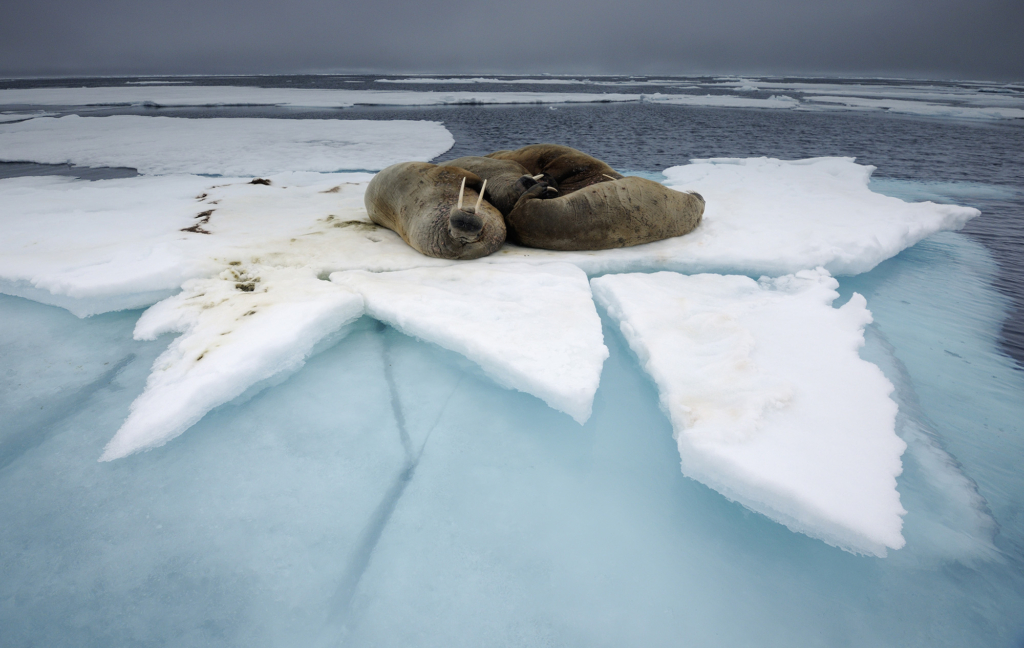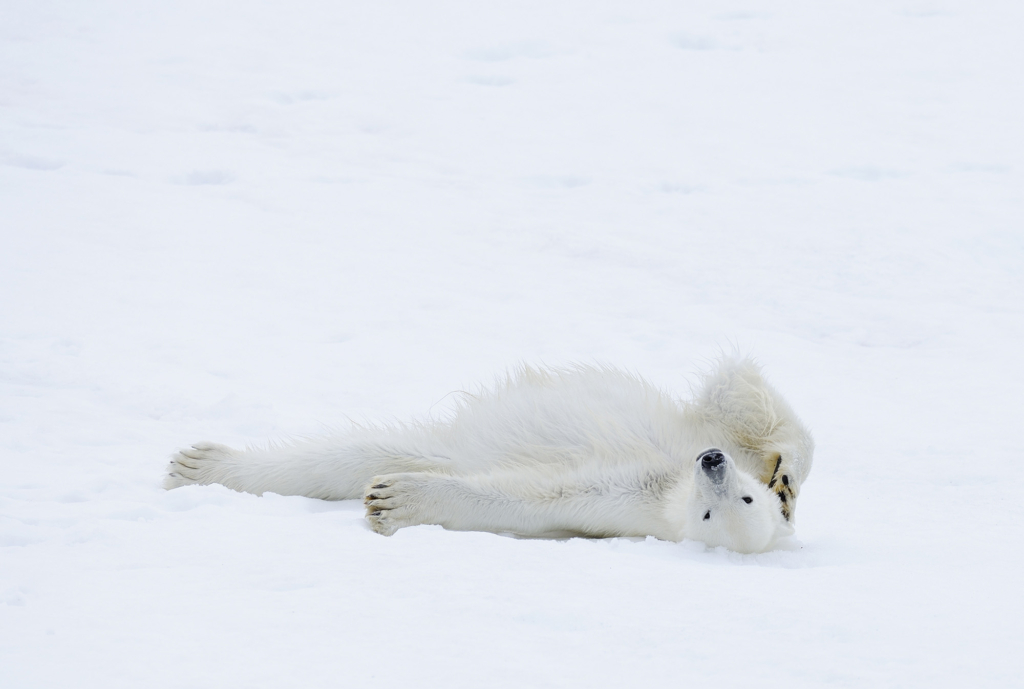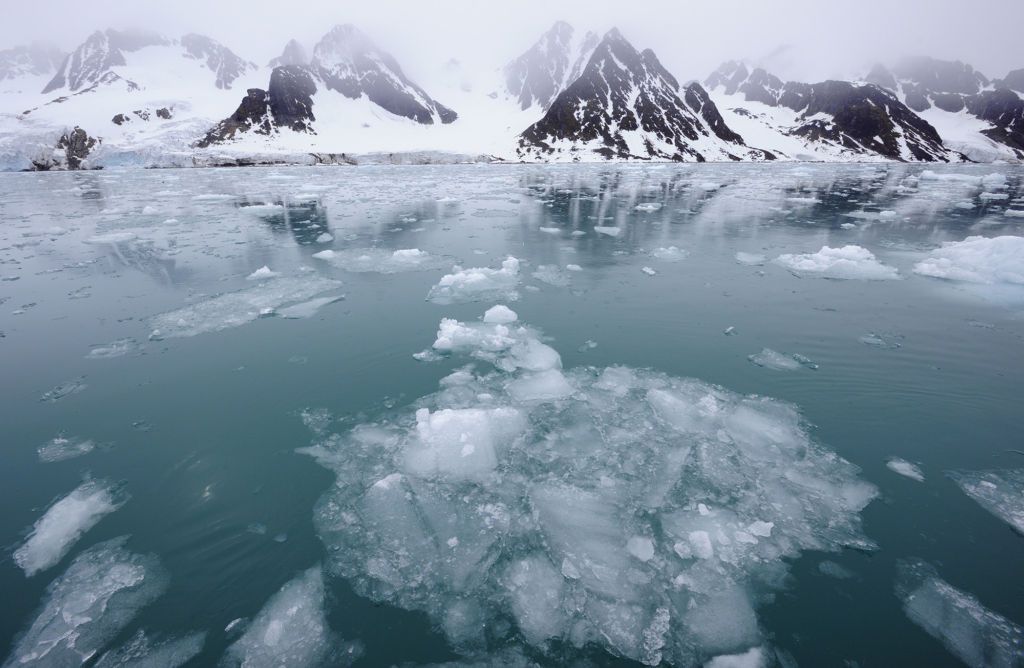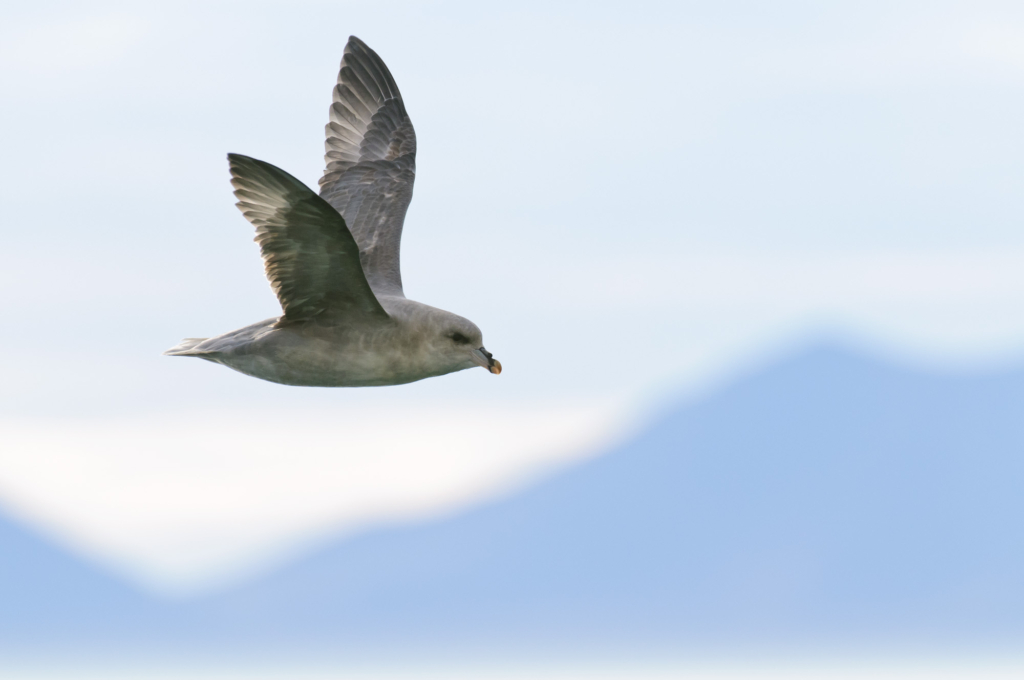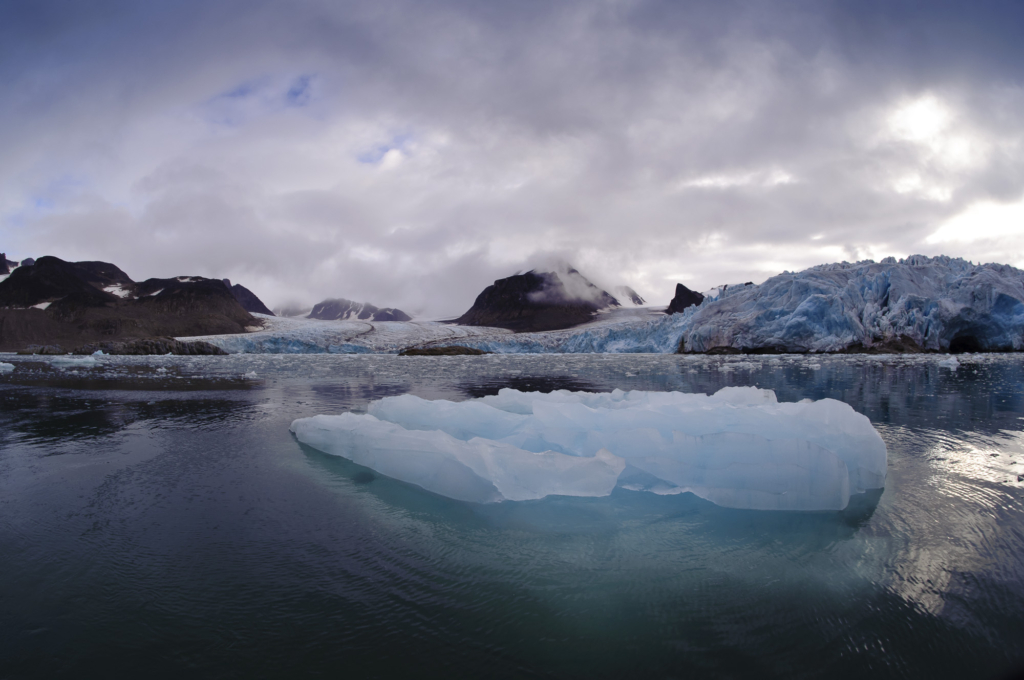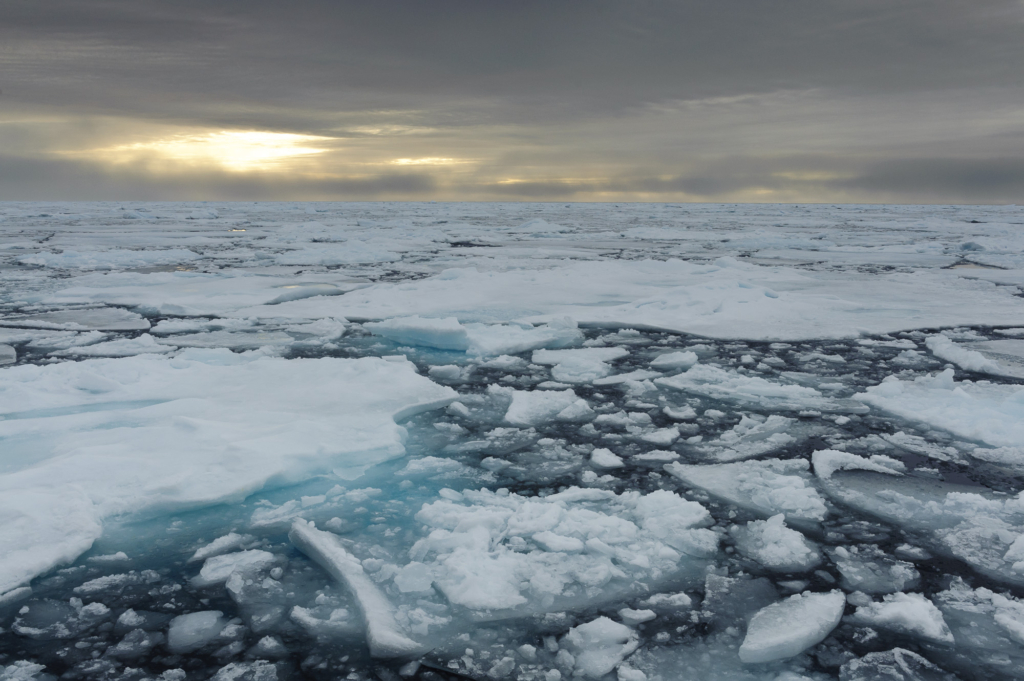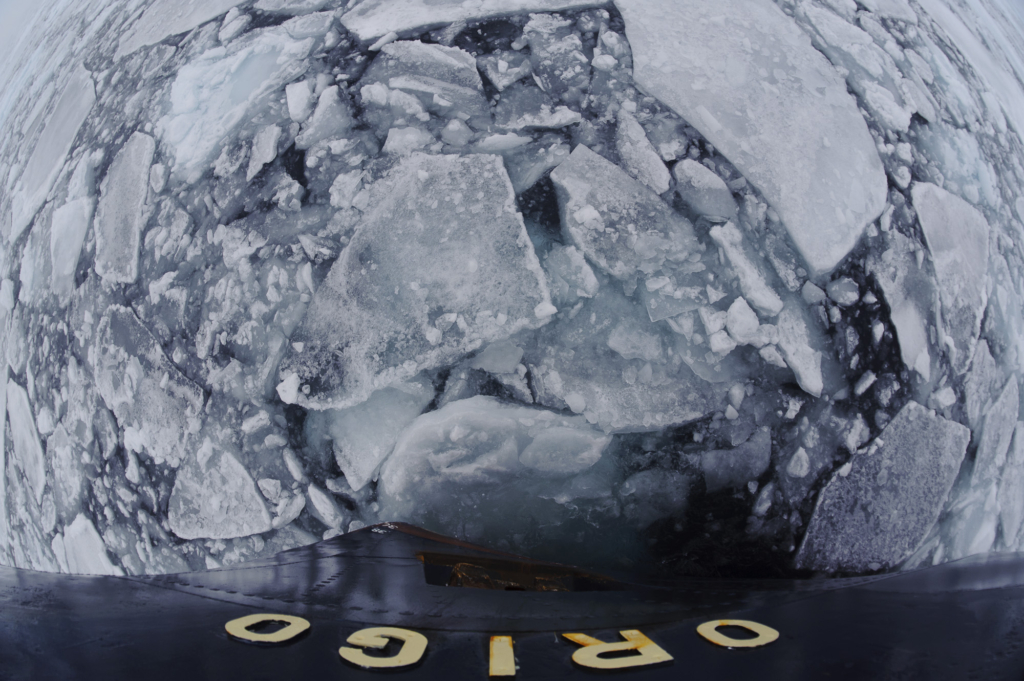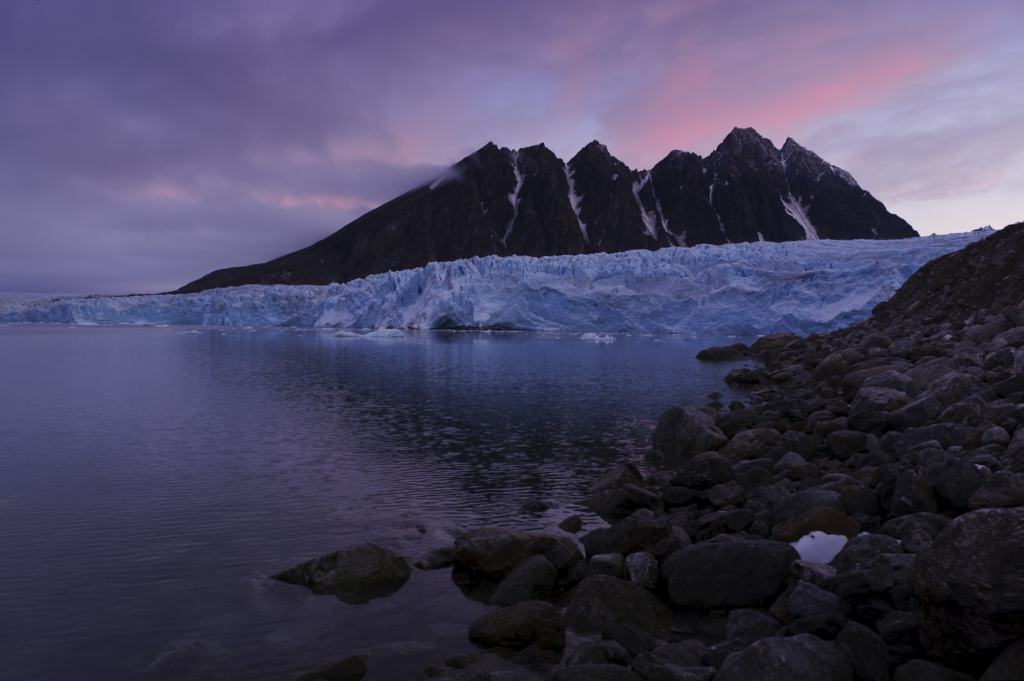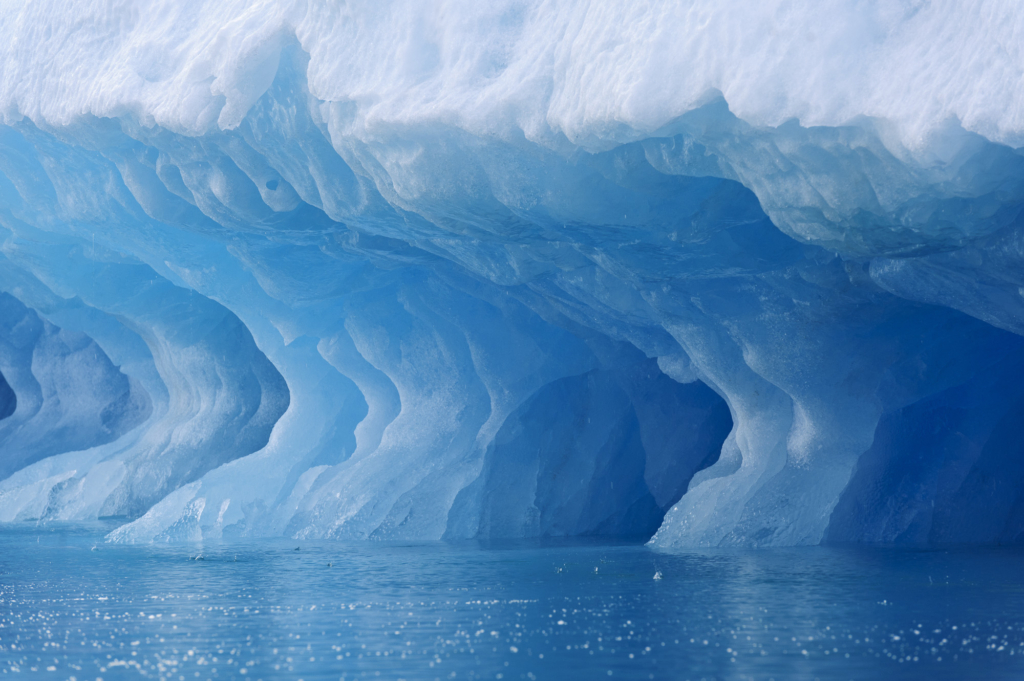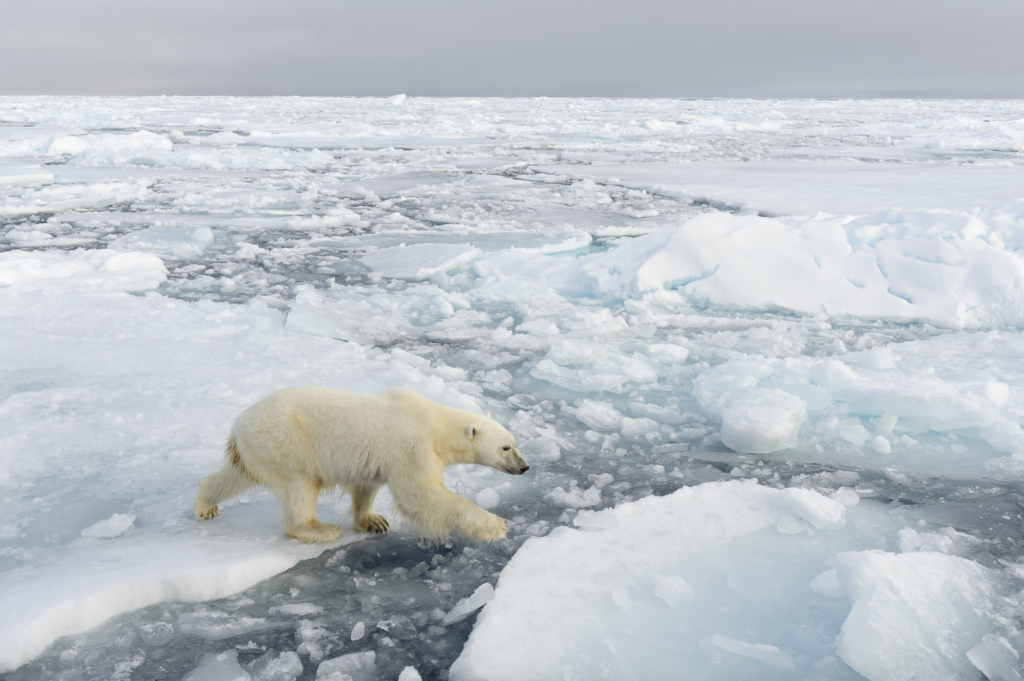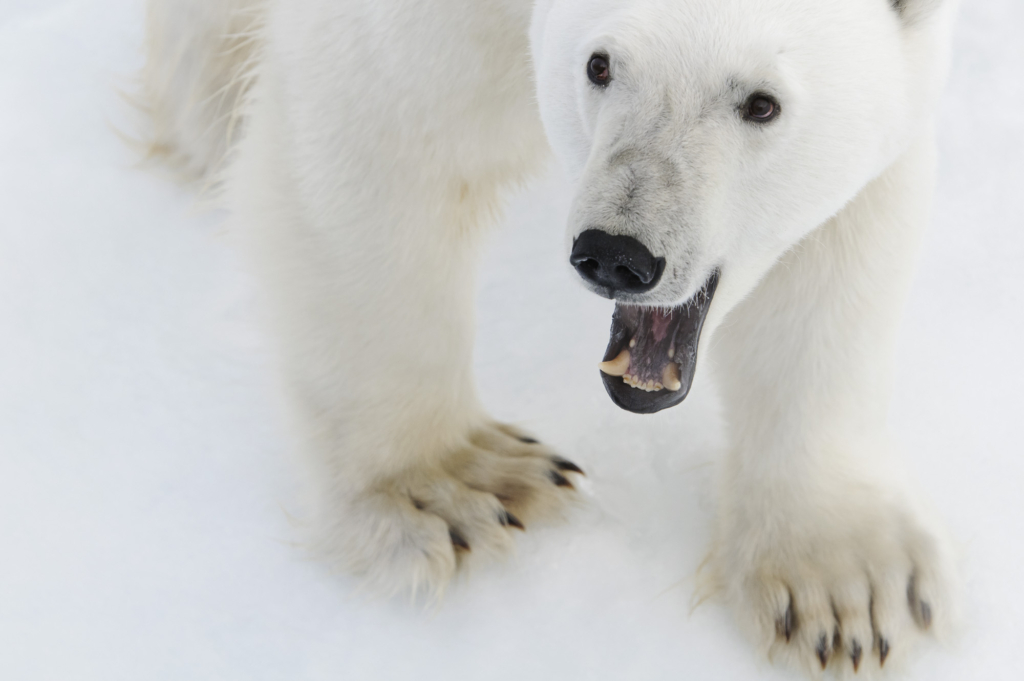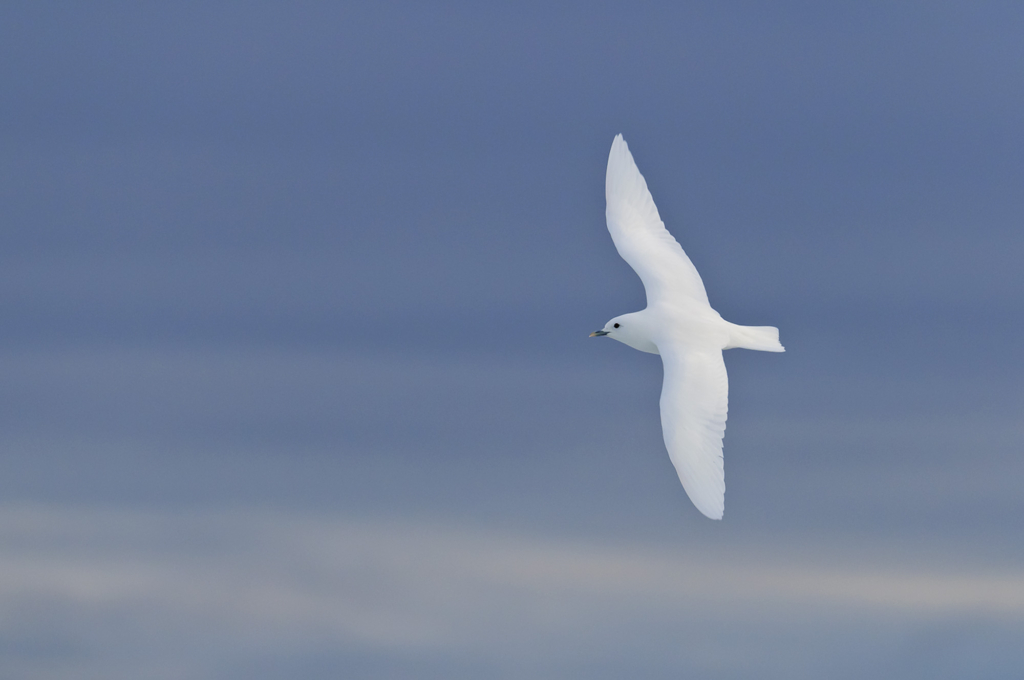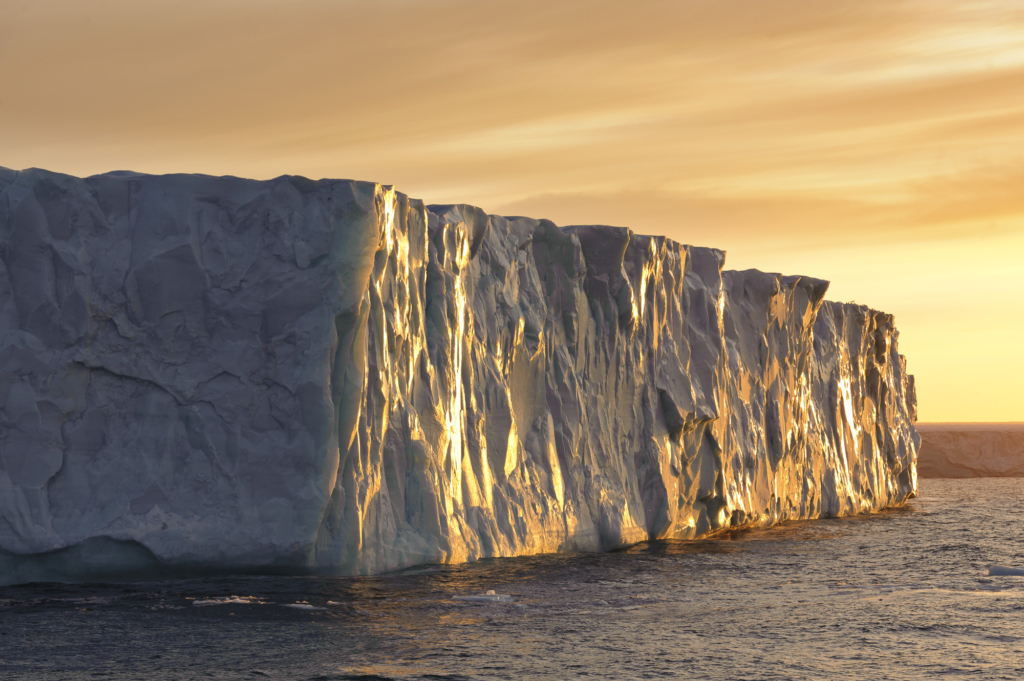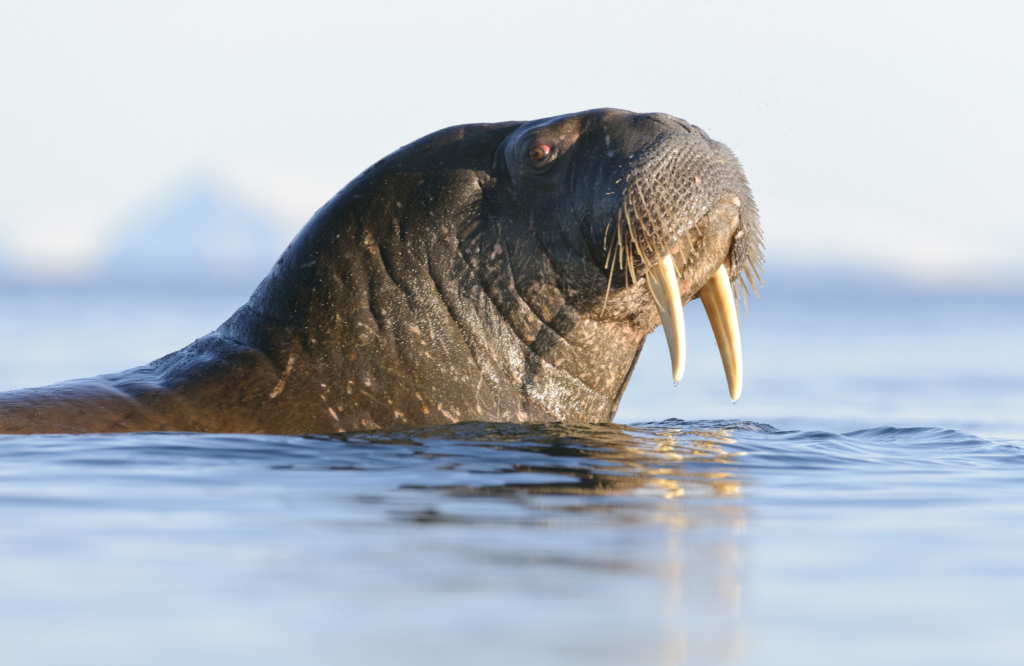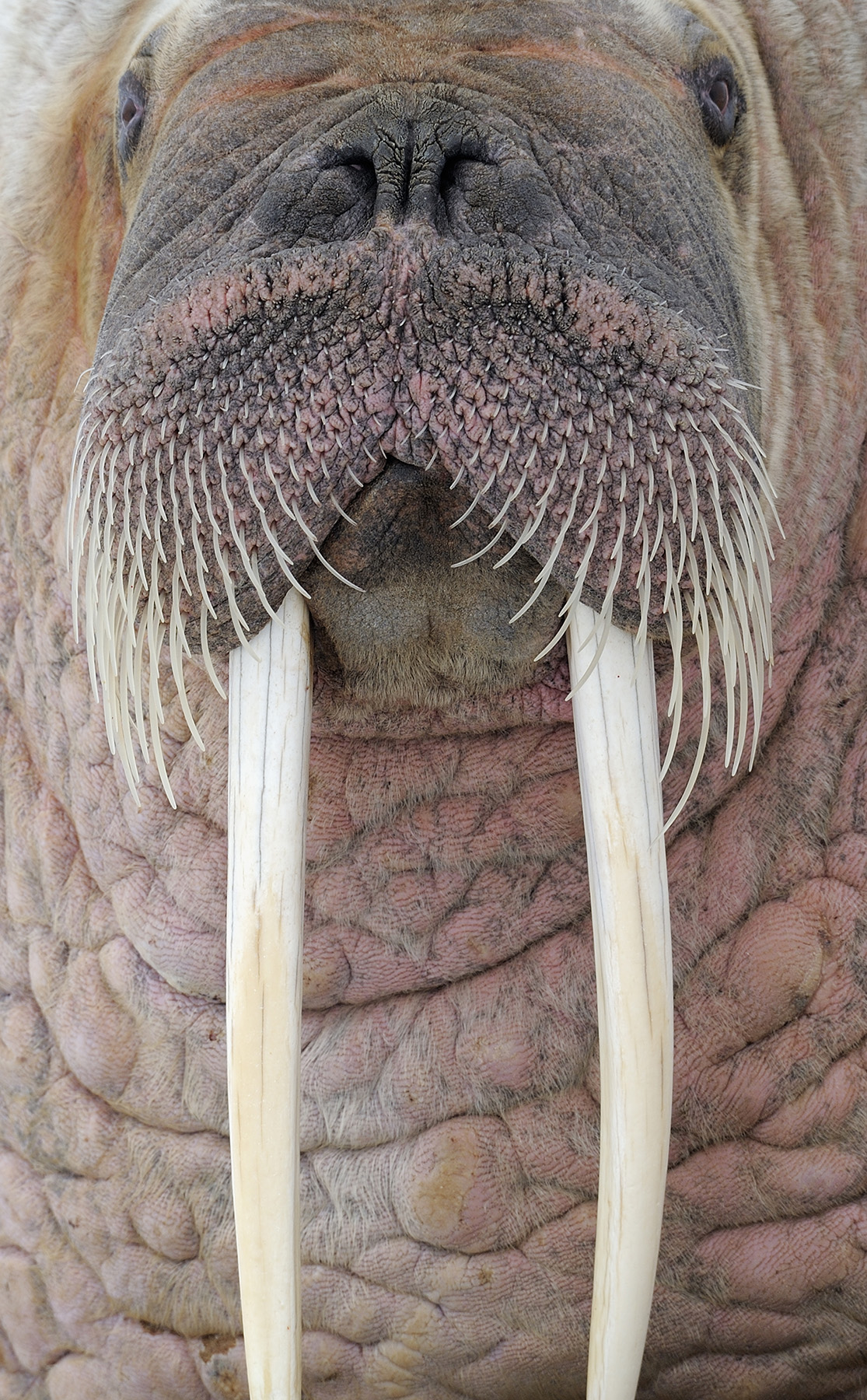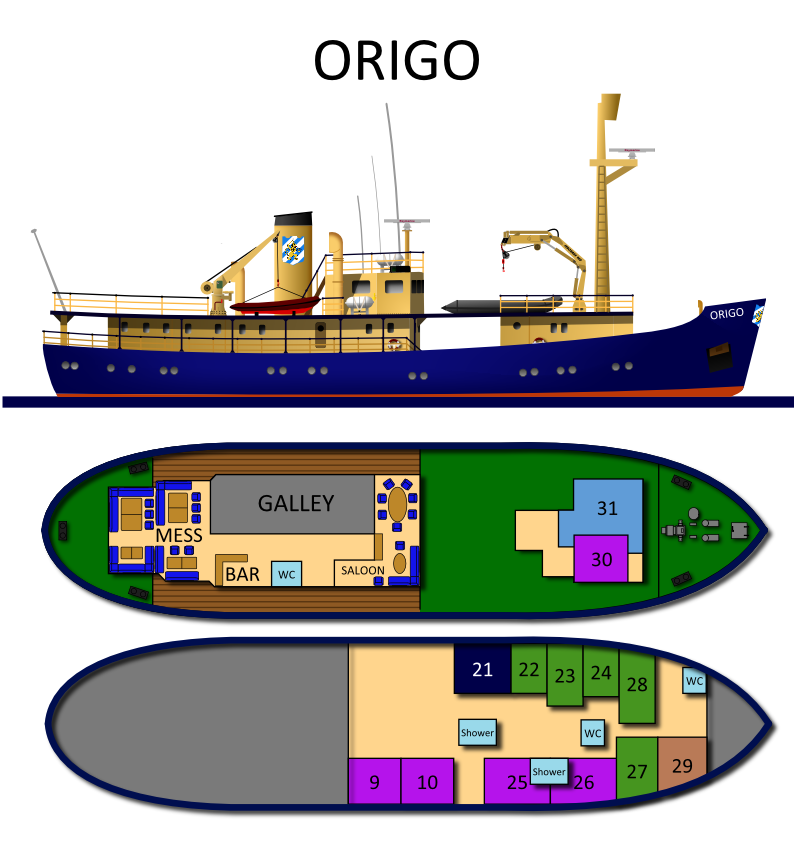Some highlights
- Special expedition with photo focus, where we search for polar bears
- Visit to walrus beaches with this year’s many collected walruses
- Perfect landscape photo mode in autumn’s magical, low light, with long sunrise, long sunset and often incredible colors, both before and after
- First powder snow on the mountain tops and autumn colors in the vegetation
- Arctic fox in white winter fur
- Svalbard reindeer in their finest autumn coat and most beautiful horns during the mating season
- Good season to see the ”Phantoms of the Pack ice” – the white, high arctic ivory gull
- Close encounters with bearded seals and harbor seals
- At this time of the year we have a great chance to see several species of whales
- Glaciers, drift ice and pack ice, in the fantastic light of the season
- The use of Zodiacs for going ashore and for getting better angles of photography
- The tour leader will show you their best sites and provide photographic advice to a small like-minded group
- We travel on board the traditional m/s Origo, perhaps the most charming ship up here and at the same time rebuilt for the best comfort
SVALBARD
Between northernmost Norway and the North Pole lies Svalbard, often also called Spitsbergen, an arctic wilderness that fascinates, with sea ice, glaciers, mountains and polar tundra. Despite its isolated location in the Arctic Ocean, 657 km north of Nordkap in Norway and over 1,000 km from the nearest airport in Norway, Svalbard is the most accessible high arctic area in the world, thanks to the infrastructure that Norway has built around, above all, Longyearbyen. The archipelago has both fantastic glaciers that glisten in the sunlight, midnight sun from mid-April to late August and exciting Arctic wildlife. Polar bears are perhaps best known for Svalbard, but here there are also walruses, seals, reindeer, arctic foxes and several species of whales and dolphins. In autumn, most of the snow on land and the land-based ice have melted away, so that the boat can often proceed without major problems with ice conditions. In this way, we can often reach further up towards the pack ice than during trips in early spring and summer. In addition, this is usually a very good time of year to see polar bears and walruses.
Svalbard is also home to the small-grown and hardy Svalbard reindeer, a subspecies of its own, adapted to the extreme winter climate. In the summer, the arctic fox hunts where there are birds, and in autumn and winter it follows the polar bears. Along the northern shores, walruses forage for clams, and baleen and toothed whales hunt in the rich sea areas along the continental shelf, where ocean currents swell.
In Svalbard, polar bears and walruses are often curious and can get very close. At the same time: with nature and wild animals you never know. You have to be aware of that.
This time we have extended the journey by another night and day to be able to reach a little further. Our ship, m/s Origo is a real veteran in Svalbard, with a high coziness factor and 14 passengers.
THE SHIP M/S ORIGO
For this tour, we charter the entire ship M/S Origo with 24 berths, but we limit the number of participants to 14. Origo was built in 1955 at Finnboda shipyard in Sweden, on behalf of the Swedish Maritime Administration, as an ice-reinforced pilot ship and lighthouse keeper. The ship has two zodiacs, each with room for 12 people. Although this is strictly a photography trip, of course non-dedicated photographers can come along and have an absolutely amazing arctic experience. The fact that it is a photo trip means that we spend the time we need to get a chance for good photos. Often this means a little more time with the motifs. We postpone meals if necessary; that is, if we have good subjects and good light, it takes precedence. Polar bears and walruses naturally have the highest priority.
The travel route is never completely decided in advance. Our tentative plan is to head northeast. Since we rent the whole ship, we have the freedom to plan the expedition as we want, based on weather, wind, current ice conditions and reports of polar bears in particular. Nature and wildlife are at the center of this trip. The crew, the captain and us who are the guides on the trip have extensive experience in both the Arctic and photography under the special conditions that prevail. The crew is Swedish-speaking and the participants can be from several countries. The ship is perfect for photography. The chef on board usually offers exciting and very good food. No one has to go hungry.
Lectures will be given by the tour guides. We will look at the participants’ photos and come up with positive photo criticism. And we, as leaders, will of course assist the participants with the necessary help and camera technical and photographic advice.
Main deck
1 superior double cabin up on deck with private WC / shower. (FULLY BOOKED!)
5 double cabins with private WC / shower. (FULLY BOOKED!)
1 double cabin with private WC and shared shower. (FULLY BOOKED!)
2 double cabins with shared shower / WC. (FULLY BOOKED!)
Itinerary
Day 0 (13/9)
Arrival in Longyearbyen and transport to hotel on your own. NOTE: This is one day before the travel arrangement begins, to be sure not to miss the ship’s departure. We will organize and offer a guided tour in Longyearbyen’s surroundings in the evening or early in the morning the next day, for those who want, for an additional price.
Day 1 (14/9) (Dinner)
Pick-up at the respective hotel in time for check-out, transport of the luggage to the ship and then free time in Longyearbyen until it is time for the ship’s departure, after 4 p.m. Then we sail out of Adventfjorden, and via Isfjorden we probably head north, if we didn’t have better indications to reach polar bears on the eastern side via the southern route. Welcome dinner on board.
Day 2-9 (15-22/9) (Breakfast – Lunch – Dinner)
Crusing, with a schedule updated daily if necessary. We fully adapt to current and upcoming weather, ice conditions and wildlife sighting reports. We will most likely cruise north of Svalbard and the northeast. In addition to polar bears, we also hope to meet walruses, whales and seals. So this year the walrus colonies are bigger. Photography as long as there is good light, both late evenings and early mornings. Sunrise between 06.40 and 07.40 and sunset between 17.40 and 18.40. Good to have time during the dark part of the day to sort photos, attend lectures and photo shows and also manage to sleep!
Day 10 (23/9) (Breakfast)
Arrival back in Longyearbyen. The tour ends after breakfast.
Fel: Kontaktformulär hittades inte.


